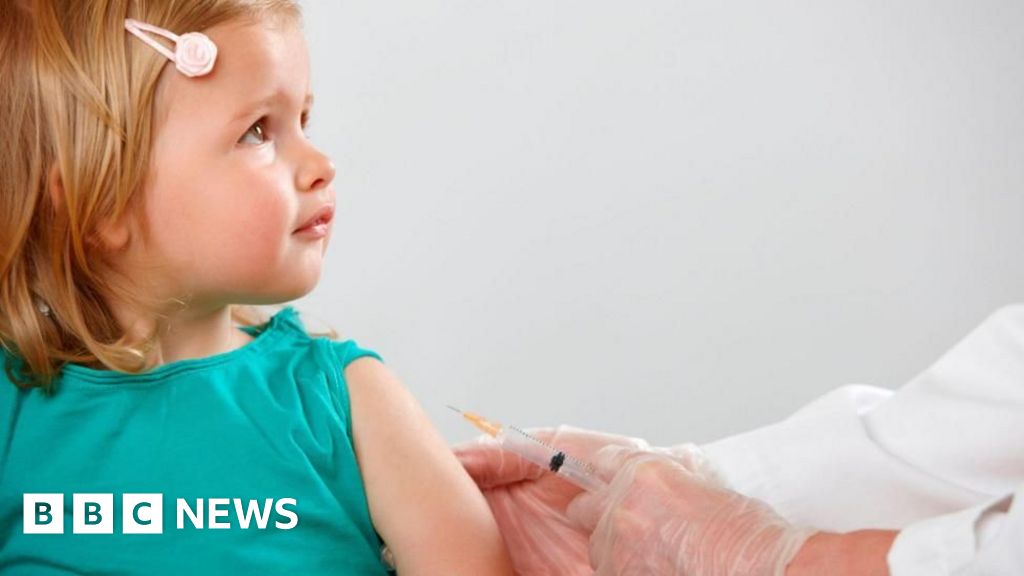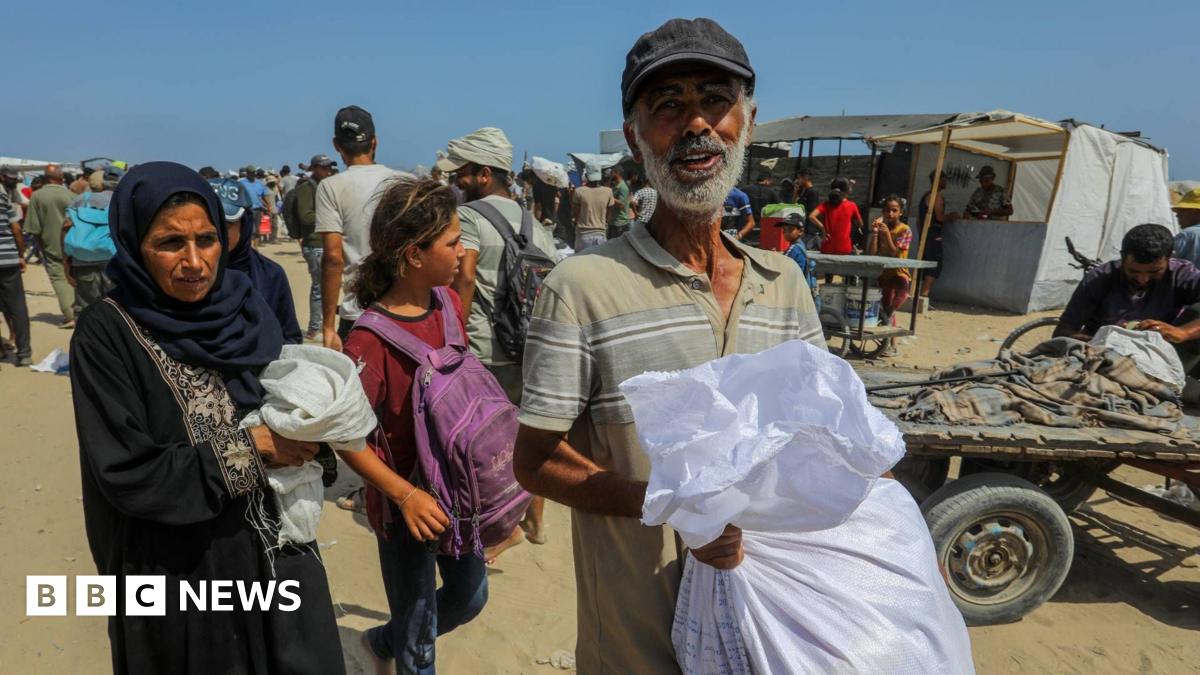Healthcare Crisis in South Africa: Immediate Action Needed, Says Expert
The South African healthcare system, while striving for universal access, is grappling with a multitude of issues, including long wait times, inadequate infrastructure, a shortage of skilled healthcare professionals, and unequal distribution of resources. These challenges disproportionately affect vulnerable populations, exacerbating existing health disparities and hindering the nation's overall progress.
For too long, discussions around healthcare reform have been dominated by future-dated policy interventions. While comprehensive and long-term strategies are undoubtedly necessary, they cannot address the immediate needs of South Africans who require care today. The current approach of relying on promises of future improvements is simply unacceptable, especially when preventable illnesses and treatable conditions are left to escalate due to delayed access to care.
The Urgency of the Situation
The reality is that countless South Africans are experiencing firsthand the consequences of a strained healthcare system. From overcrowded clinics and hospitals to lengthy queues for essential medications, the daily struggles are palpable. The COVID-19 pandemic further exposed the vulnerabilities within our healthcare infrastructure, highlighting the need for immediate and decisive action.
Practical Solutions for Immediate Impact
While systemic reforms are vital, several practical steps can be taken immediately to alleviate the pressure on the healthcare system:
- Strengthening Primary Healthcare: Investing in primary healthcare facilities and training more primary healthcare workers is crucial. This will enable early detection and prevention of diseases, reducing the burden on hospitals.
- Leveraging Technology: Telemedicine and digital health solutions can expand access to care, particularly in remote areas. Mobile health apps can also empower individuals to manage their health proactively.
- Improving Supply Chain Management: Ensuring a consistent supply of essential medications and medical equipment is paramount. Efficient procurement and distribution systems are needed to prevent shortages.
- Addressing Human Resource Shortages: Incentives and training programs are needed to attract and retain healthcare professionals, particularly in underserved areas.
- Public-Private Partnerships: Collaboration between the public and private sectors can leverage expertise and resources to improve healthcare delivery.
Empowering Communities
Community involvement is also essential for sustainable healthcare reform. Educating communities about preventative health measures and empowering them to take ownership of their health can significantly reduce the demand for hospital services.
A Call to Action
The time for debate and delayed action is over. South Africa needs a concerted effort from government, healthcare professionals, and the private sector to address the healthcare crisis with the urgency it deserves. By prioritizing immediate interventions and laying the groundwork for long-term systemic reforms, we can build a healthcare system that truly serves the needs of all South Africans. Waiting any longer will only exacerbate the suffering and hinder the nation's progress.
Dumani Kula’s call for immediate action serves as a stark reminder that the health of our nation is inextricably linked to our economic prosperity and social well-being. Let us heed this call and work together to create a healthier and more equitable South Africa for all.






